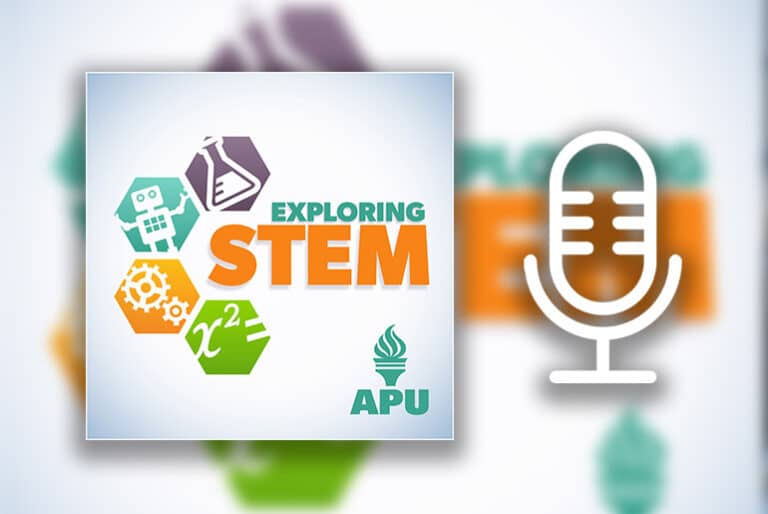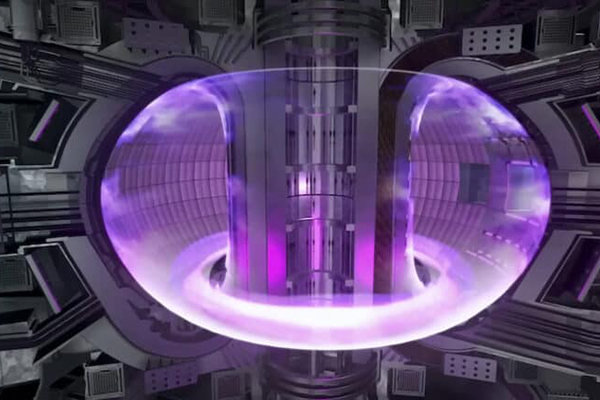Mathematics and Mathematical Sciences: The World's Most Utilized Disciplines
Math is more than just solving problems in algebra, geometry, or calculus. Mathematics – and mathematical sciences – are now vital game-changers in today's modern world. In fact, math has become the solution to many global challenges in the business world and elsewhere.
Top Degree Programs
All Related Programs
Mathematical Sciences: Changing the World
Mathematics and mathematical sciences are an essential part of our everyday lives and provide invaluable benefits to society, and the importance of mathematical sciences will only continue to grow in the future.
For example, mathematicians have developed computational models that help us better understand climate change and develop more effective strategies for managing it.
Mathematical sciences can also aid in forecasting natural disasters and creating early warning systems to protect vulnerable populations from harm.
Additionally, mathematical sciences help with the study of disease transmission and help to create more efficient healthcare systems.
Mathematics is a powerful tool for problem-solving and innovation that may often be applied to many other disciplines. From providing the foundational knowledge of science, technology, engineering and mathematics (STEM) fields to producing groundbreaking research, mathematics – and mathematical sciences – have each been vital to human progress throughout all of recorded history.
Learn How to Create Innovative Solutions to Challenging Problems
Mathematics and mathematical sciences may offer many opportunities for students interested in advancing scientific research or developing new technologies. With its vast array of disciplines – from mathematical logic and number theory to statistics and computational science – mathematicians often end up utilizing cutting-edge technology. Often, they help to create innovative solutions to challenging problems.
The ability to think logically, solve complex problems, and analyze data are all essential skills for students within the field of mathematical sciences. In addition to these technical abilities, mathematicians throughout history have often possessed strong communication skills in order to effectively communicate their findings and propose solutions to many problems.
Our Bachelor's Degree in Mathematics
Our Bachelor of Science in Mathematics will be of interest to anyone who wants to explore the many disciplines found within math and mathematical sciences.
Our math bachelor’s degree program was designed to assist students in developing their critical thinking skills for solving complex science and technology problems. Our curriculum was devised to help students better analyze and effectively communicate mathematical theory.
With its large array of modern mathematics courses, students will learn how to apply their knowledge and problem-solving capabilities to other areas, as well as fine-tune their mathematical arguments.
Our mathematics degree is taught by faculty members who teach using the methods they've learned through their own education, research, and theoretical analysis over many years. Our faculty members endeavor to help graduates become prepared to take on whatever possible challenges may lay ahead.
During our mathematics degree program, students are encouraged to support their peers and to contribute via interaction in online forum discussions – while pursuing theoretical analysis and research.
Bachelor's Degree in Mathematics: Concentrations
Along with a general concentration, our undergraduate degree in mathematics offers four additional concentrations.



What You'll Learn During Our Mathematics Degree Program
During this academic program, you'll learn mathematical theory, stochastic analysis, and research methods, as well as applied mathematics and computational skills such as statistics and data analysis.
Additionally, you'll likely develop strong analytical and problem-solving skills, which can be applied to a wide range of real-world scenarios.
Here are just a few examples of what you’ll study during the courses for our mathematics undergraduate program:
- Think critically and systemically through the application of mathematical reasoning
- Construct mathematical models, solutions, and proofs that are clear, correct, and complete
- Apply mathematics to solve complex, real-world problems and interpret the impact of those solutions in a global and societal context
- apply the awareness of ethical ramifications of the use of mathematical models and solutions to address real-world problems
- Communicate with a wide range of audiences
- Function effectively on teams with members from diverse disciplines and backgrounds
An education in mathematical sciences is often needed by people hoping to pursue an opportunity in countless related industries, including finance, banking, physics, engineering, biological sciences, statistics, data science, physical sciences, and technology.
With the right experience, students of mathematics and mathematical sciences may end up in fields that utilize mathematical modelling, data analysis, stochastic analysis, mathematical statistics, pure and applied mathematics, computer science, physics, education, engineering, statistics, science, mechanics, and – of course – math!
Our Mathematics Student Organizations
There are several student organizations for mathematics majors at the University, including:
Association for Women in Science (AWIS)
The purpose of AWIS is to champion the interests of women in STEM across all disciplines. Working for positive system transformation, AWIS helps to ensure that all women in STEM fulfill their potential.
Women in STEM
This organization provides an open forum for students to promote the female presence in STEM fields. Specifically, Women in STEM helps to provide networking opportunities, valuable information, and other resources.
Math and Science Career Resources

Local, Daily Actions Can Influence Climate Change
Climate is one of the biggest planetary challenges today. In this article, Dr. Drexler discusses how we can create a different future if we take local action and act collectively to make meaningful, positive steps to respond to climate change.

Online Organic Chemistry: Innovations in Delivering Online Science Education

Successful Nuclear Fusion Test Teases an Energy Revolution
The use of fossil fuels to satisfy our energy needs is causing a significant change to our global climate. In this article, Dr. Gary L. Deel and J.J. Mara discuss a promising future for clean energy.

Additional Resources
Frequently Asked Questions about Math and Science
Our Bachelor of Science in Space Studies uniquely blends the study of space science, management, operations, economy, and national security.
A former NASA astronaut designed the innovative curriculum. The coursework examines:
- Planetary and space exploration
- Space weapons
- Space weather
- Astronomy
You will have the opportunity to use the university’s state-of-the-art, remote-controlled observatory, with a fully online 24-inch aperture telescope. You may also assist with ongoing telescope research projects.




